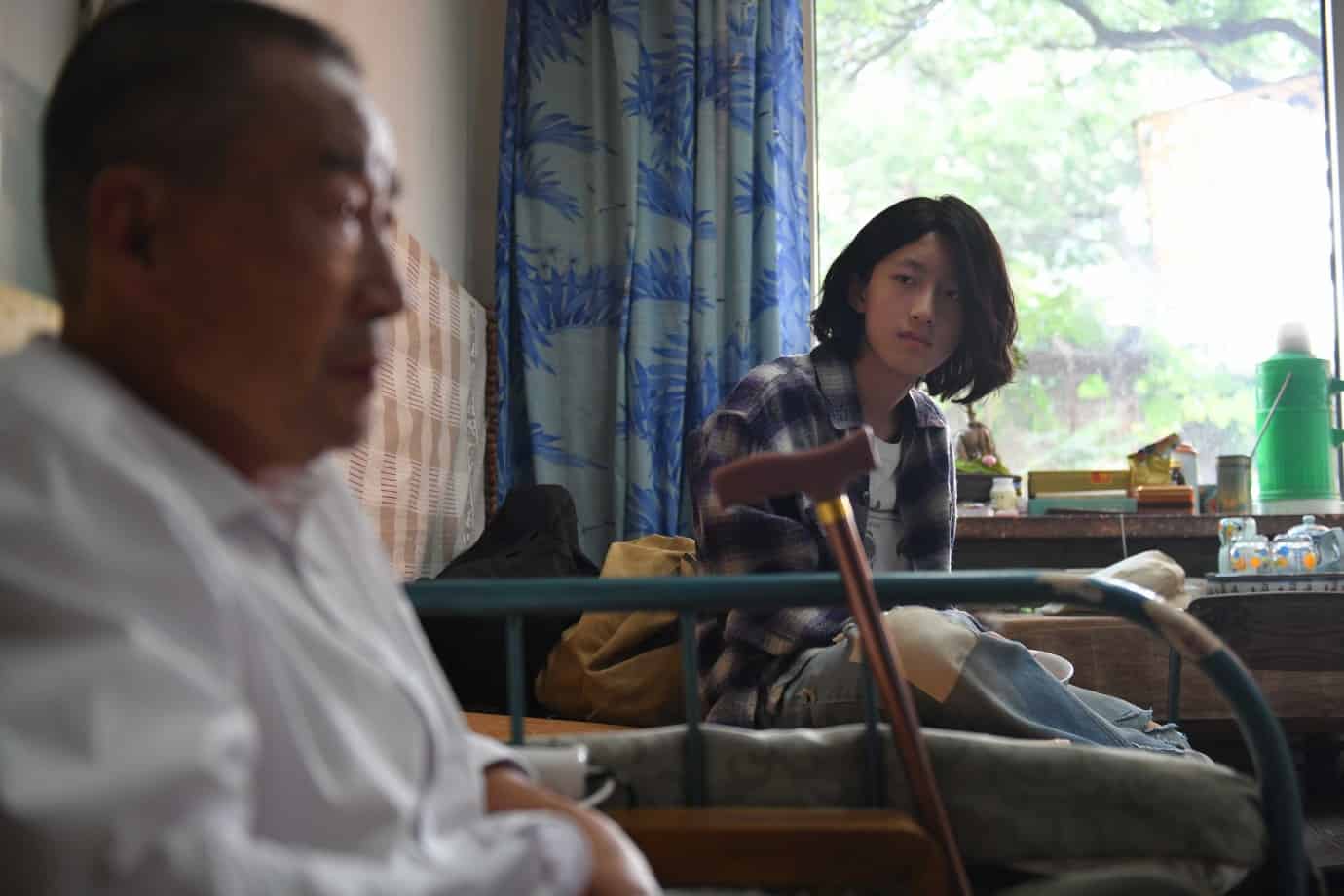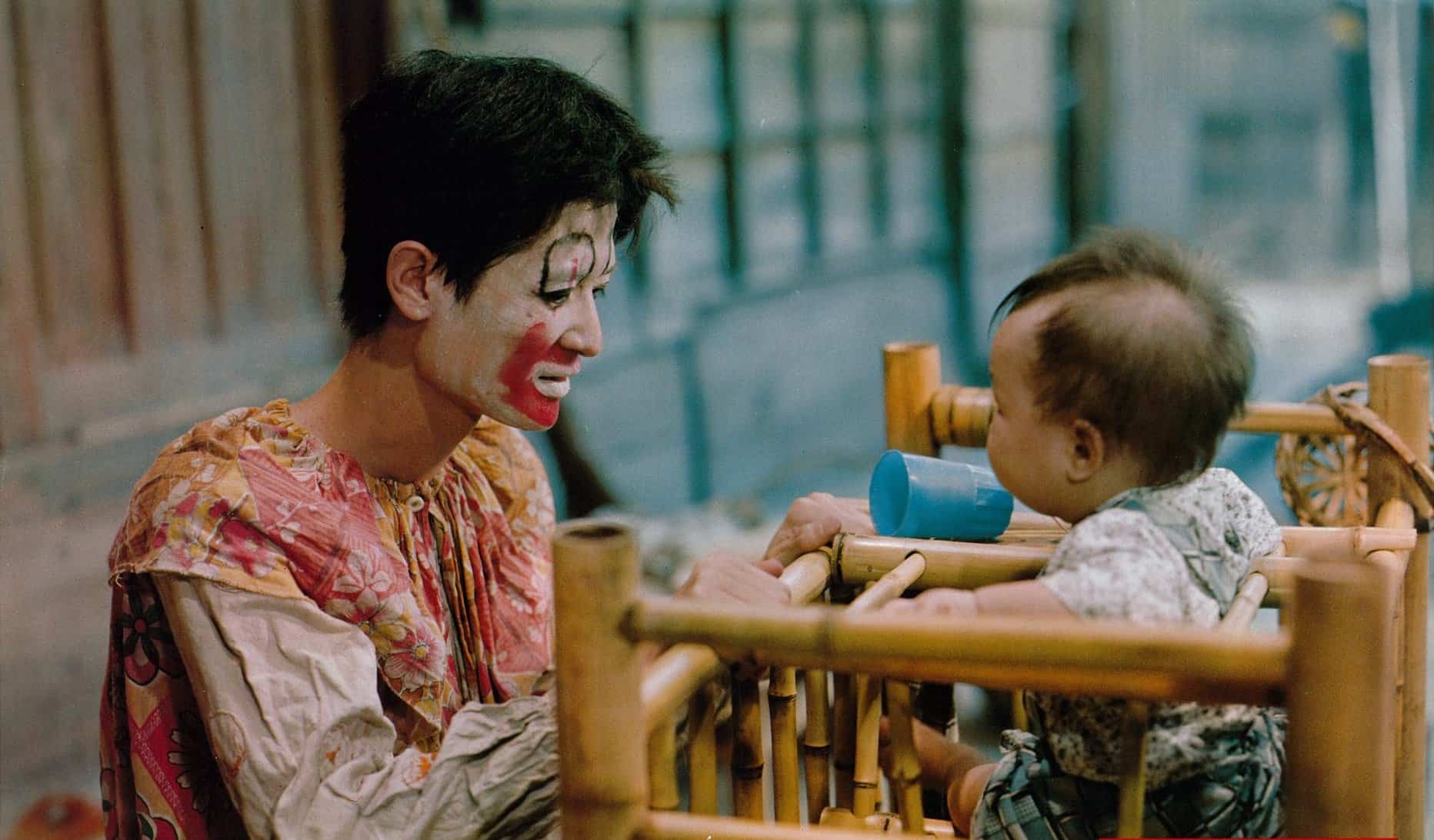While the world's politics and economics is still being defined by the spread of a virus, we experience a recurring discussion about the significance and proportionality of governmental measures from lockdowns to self-isolation, which, in the end, should lead us to a return to something resembling normality. However, at the same time, we experience a similar lockdown when it comes to aforementioned discussions, certain bans on thinking, especially in social media, reducing the complexity of an issue to simplified morals. With regard to the way these times highlight the interconnectedness of state, economy and our lives in general, we should be able to discuss these measures if we still want to maintain our democratic values.
“Smog Town” is screening at DOK.Fest Munich

Even though these measures are something of a novelty for some of us, in places such as the Chinese city Langfang they have become a fact of life. However, while the focus is not on the spread of a virus, it is still health-related since it is about the pollution of the air. For many years, Langfang has been one of the cities in China most affected by air pollution, resulting in smog alerts and respiratory diseases. In her new documentary “Smog Town”, Chinese filmmaker and photojournalist Meng Han takes a closer look at the measures of the city's administrations to reduce air pollution while also concentrating on the repercussions of these measures to its economy and inhabitants. As a result, she has managed to tell a very timely story about the complex pressures and dilemma caused by state intervention and how the measures affect especially the poorest people living in the city.
After only a few minutes into the documentary, we are introduced to the most important figures within the film, Li Chanyuan, vice director of the environment agency in Langfang and his strategy advisor named Hu. The recurring image of Chanyuan's desk dominated by the sight of enormous piles of documents, files and reports becomes, in many ways, the metaphor for the complexity of the dilemma he and his agency's employees have to face. With enormous political pressure from the party to “sort this out” and to introduce sustainable measures within the city to reduce pollution, these measures put in practice are followed by sanctions and raids on mostly ordinary people in backyards or closed factory gates, or even a housewife using coal energy to have warm water.

Apart from the administrative perspective of the film, there is also the view of the people most affected by the city's policies. Although these people do not question the positive effect on the environment of using, for example, filters, their economic status simply will not allow the acquisition of such. At the same time, receiving a permit, as seen in the documentary, becomes an almost absurdist, sometimes even highly redundant task of being sent from one desk or department to the next.
In the end, Vincent Du's camera catches a glimpse of the lasting effects of these measures when, for example, a worker talks about using “guerrilla tactics” in order to be able to make a living. Undoubtedly, the martially titled “war on pollution” of the government has its casualties and effects, which consequently, highlight the social differences within China's population.
“Smog Town” is a highly informative documentary about the environmental problems in China. On the other hand, its multi-perspective approach points at the political, economical and human consequences of the measures taken to reduce emissions, how the catalogue of sanctions and supervision affects mostly the poorest members of society.















